
By Feral Faun
"Any society that you build will have its limits. And outside the limits of any society the unruly and heroic tramps will wander with their wild and virgin thoughts...planning ever new and dreadful outbursts of rebellion."
--Renzo Novatore
I feel that there is no possible society in which I would fit, that whatever society was like, I would be a rebel. At times, this fills me with the joy of the "unruly and heroic tramps" of whom Renzo Navatore speaks, but often it leaves me feeling quite lonely and isolated.
I live in a "society" now--in a situation in which social roles are used to reproduce social relationships. Would the way that we relate when we are free of character armor and social roles still be social relationships? I envision a world in which we can live our lives fully, as unique, wild beings, moving freely into and out of relations with each other as our desires motivate us, never creating the sorts of complex structures of formalized relationships that I understand as "society." It is only in such a world that I can imagine feeling at home. But I really don't know how to go about creating this world.
Many of my friends wouldn't agree with my perspective on society, but we all agree that we want to create ways of relating that are radially different from what the present authoritarian, capitalist society offers. We all seem to be uncertain about how we can destroy this society and learn to relate freely. Clearly, we need to examine what we consider our radical practice.
I have written articles and flyers. I have no illusions about the radical nature of these projects. They perpetuate certain types of alienated social relationships, and I am fully aware of this: But I write in hopes of inspiring something beyond the writing. I hope that what is unique in what I write will touch another unique individual, allowing us to break down the wall of written words and maybe meet and create projects together. This hasn't happened often though--usually, the social relationship of the printed word remains intact.
In the present situation, scamming and theft are ways of survival which are somewhat radical. They can involve an element of play and adventure lacking in regular jobs, but they are still basically ways of reproducing ourselves in this society and so are, in a sense, work. Still in a small way, theft helps to undermine the commodity, because you are taking something without paying for it. But the necessity for secrecy limits this element of radical critique. What is most radical about scamming and theft--as well as squatting, dumpster diving and gleaning--is that they drastically reduce our need to work and free our time for more worthwhile pursuits. But in themselves they are basically just survival tactics.
Vandalism and sabotage are attacks on property and, thus, on society. But, as most people use them now, they are limited attacks. They are largely just reactions to specific, particularly offensive acts of authority. The extent of the critique can be easily muted by its attachment to a particular issue--recuperating it for society. Still vandalism and sabotage are an active attack on society which may sometimes effectively fuck up some of the projects of Capital. But at their best they express only the destructive side of anarchic rebellion.
All of these activities are worthwhile as part of our rebellion against this society, but all are limited. None of them take us beyond the context of this society. Every one of these activities is, at least partially, created by society as a reaction against it. They don't free us from society or enhance what is unique to us. They only place us on the edge of society (which is certainly the most free and enjoyable place to be in society), and that is not good enough for those of us who want to live out our lives to the limits.
"Not at the margins of what is collapsing
Not at the margins of what is falling
But at the center of what is...rising"
Since we want to create new ways of relating, ways which grow out of our unique individuality, not social roles, we can't merely react to society--making it the center of our activity and ourselves merely its margins. Each of us needs to make what is unique to us--our own desires, passions, relations, and experiences--the center of our activity. This implies a radically different conception of revolution than that of the various communists and orthodox anarchists who center on "the masses." Neither working class, nor common human activity can create the revolution I'm talking about. The rebellion of the individual against the constraints of society--against the processes of domestication--is the basis from which the revolutionary project has to grow. When the acts of rebellion of a number of individuals coincide and can embrace each other, those individuals can consciously act together and in this are the seeds of a revolution that can free each of us as unique, wild, free-spirited individuals. But what does this mean on a practical level.
Making ourselves the center of our activity means relating to society and relating to each other in new ways. When we begin to live in terms of our own desires and experiences, our own passions and relations, we find ourselves perpetually--if often subliminally--in conflict with society. Since society depends upon structure and order, and what is unique to us is chaotic and unpredictable, we have a useful advantage in this struggle. We can study society, learn something about how it functions and how it protects itself; but no amount of psychological study can give the force of order knowledge of our unique individuality. As long as we act from our own uniqueness with our knowledge of society--avoiding falling into social roles and predictable patterns--our actions will seem to come from nowhere, yet will wreak havoc on our enemy. Refusing to play social roles in the expected way, refusing to pretend that we accept having to pay for things or work for survival, refusing to follow rules of etiquette and protocol--this is a beginning. Spontaneous (or seemingly spontaneous) pranks and guerrilla theater--which cannot be attributed to clowns, theater troupes or other social entities--may expose the nature of an aspect of society and even create a situation in which the choice between free life and the mere existence offered by society can no longer be hidden. Acts of theft, vandalism and sabotage, springing from our desires rather than being merely a reaction to a particular social atrocity, will be more random and more frequent. Our violence against society will strike like lightning, unpredictably and with the intensity of our desire to live our lives to the full.
But to be able to fight intelligently for ourselves against society requires knowledge and skills. Society, by placing us into social roles, limits our knowledge and skills, so we need to share this information. Books and articles can help us to do this, but are open to public scrutiny--including that of the authorities. That makes our activity more predictable and us more vulnerable. So ways of sharing knowledge that grow from our actual relations as unique individuals need to be created.
This need to share skills coincides with our desire to live life fully, to be able to freely relate and to enjoy each other as unique, wild beings, making the exploration of new ways of relating to each other an immediate necessity--not something to be put off until "after the revolution." Each of us is unique and so unpredictable. Having been taught all of our lives to relate as social roles rather than as the unique beings that we are, we have to rely on our imaginations to create new ways of relating, not on any already-tried pattern--and could it be any other way when we don't want to create new social roles? So the ideas I am sharing are tentative, calling for explorations into unknown realms, inviting us to adventures that are to be entered only to the extent that they fulfill our desires and enhance us as unique individuals. There is nothing inherently revolutionary about these explorations. They become revolutionary only in conjunction with a conscious and active resistance to society--a conscious recognition that our uniqueness and freedom as individuals is in conflict with society and that we must destroy it to fully free ourselves.
I've thought a lot about how to explore new ways of relating over the past several years. These explorations would need to be based on the unique desires of each of the individuals involved and on their mutual trust for each other. At first my thoughts centered mainly on some sort of settled rural/wilderness living situation involving non-economized relating, projects of wilderness expansion and resistance to and sabotage of domestication and authority. The more I thought about this, the more it seemed that such a project would involve a compromise of my own real desires--and would most likely recreate society on a smaller scale with individuals playing social roles rather than relating on the basis of what they uniquely are.
When people come together on the basis of each of their unique desires and their trust for each other, their union is, by its nature, very transitory. Individuals will come and go as they please and participate in the way they please. This makes a settled living situation, at best, very temporary. Recently, I have been wandering. I would enjoy sharing this life with friends and lovers who wish to wander as well. We would be a wandering festival of rebellion and wonder. I say a festival, and not a tribe or a band, because the only constant would be the commitment of each individual involved to live their life to the full and fight against whatever prevents this, the individuals themselves constantly coming and going as they desire. Survival activities could include wild harvesting, theft, scams, sharing gifts with friends and accepting gifts from people who appreciate any street performance--public expressions of our creative playfulness--we do. We can share skills and knowledge with friends we visit, creating an informal network for spreading knowledge and skills among those we trust. Acts of vandalism and sabotage and other attacks against society will be easier since we will not be staying around--providing an added aspect of invisibility. In these wanderings, I would expect to spend a lot of time in wild places. I would want to explore these places and come to know them well. These wild places would be good locations to destroy this society. These gatherings would provide another means of sharing knowledge and skills as well as being a hell of a lot of fun.
As I said above, in and of themselves, these are not revolutionary ideas. Hobos, freaks, rainbow people and others have often been wanderers, but with no awareness of the war of society against the free-spirited individual. We are at war, but we aren't fighting for power. We don't need to build armies to overthrow the powers that be; we need to become wild, free-spirited, unique individuals whose violence springs from our desire to live life to the limits, and so can undermine power itself. Wandering festivals of free-spirited individuals can incorporate this destructive activity--very possibly much more easily than more organized and readily defined groups.
I've already said that these are tentative suggestions, ideas to be tried and tested. I'm tired of feeling isolated because I refuse to sacrifice myself to social roles. I want to explore new ways of relating. I'd love to hear other people's ideas for exploring ways of relating that get beyond social roles and enhance what is unique in each of us. But more than that, I want to actively explore these ideas in practice and share these explorations with friends and lovers. Then we can cease to be merely on the margins of society and will each, as unique wild beings, become the center of an insurrectionary project that may destroy civilization and create a world in which we freely live, relate and create as our unique desires move us. We will become--to quote Renzo Novatore again-- "a shadow eclipsing any form of society which can exist under the sun."
from "Anarchy: A Journal Of Desire Armed" Issue #22 Nov.-Dec. 1989
please send corrections if you notice type-o's or formatting errors: quiver@hush.com
http://www.anarchymag.org /
quiver@hush.com



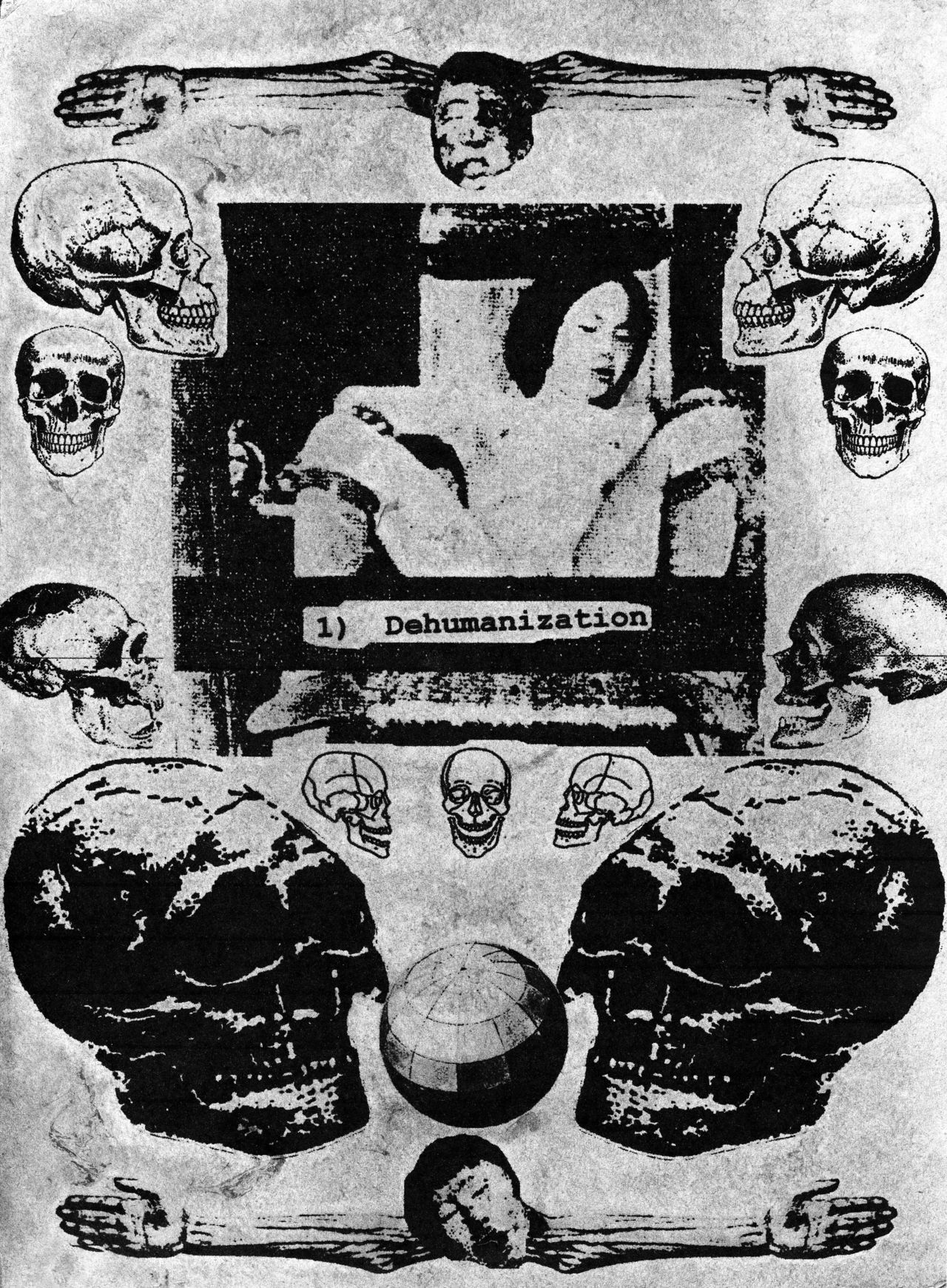



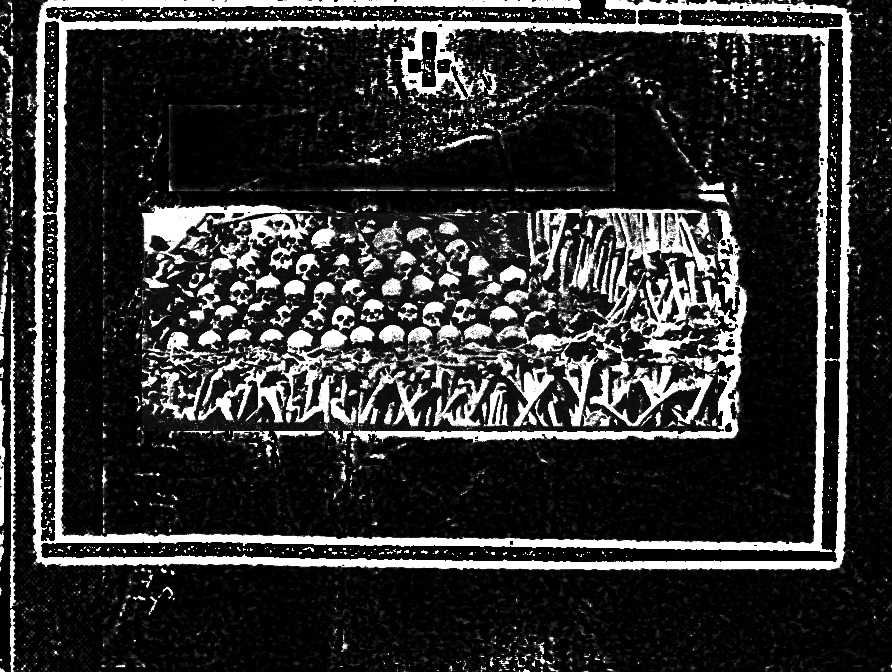
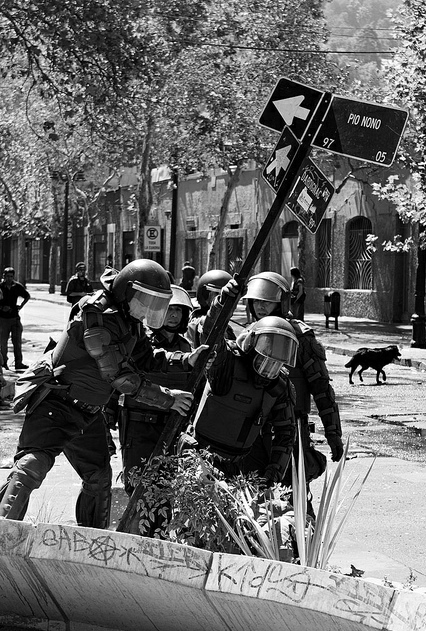
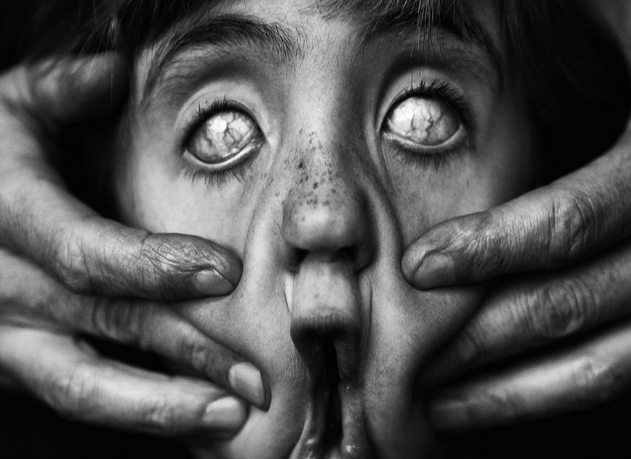


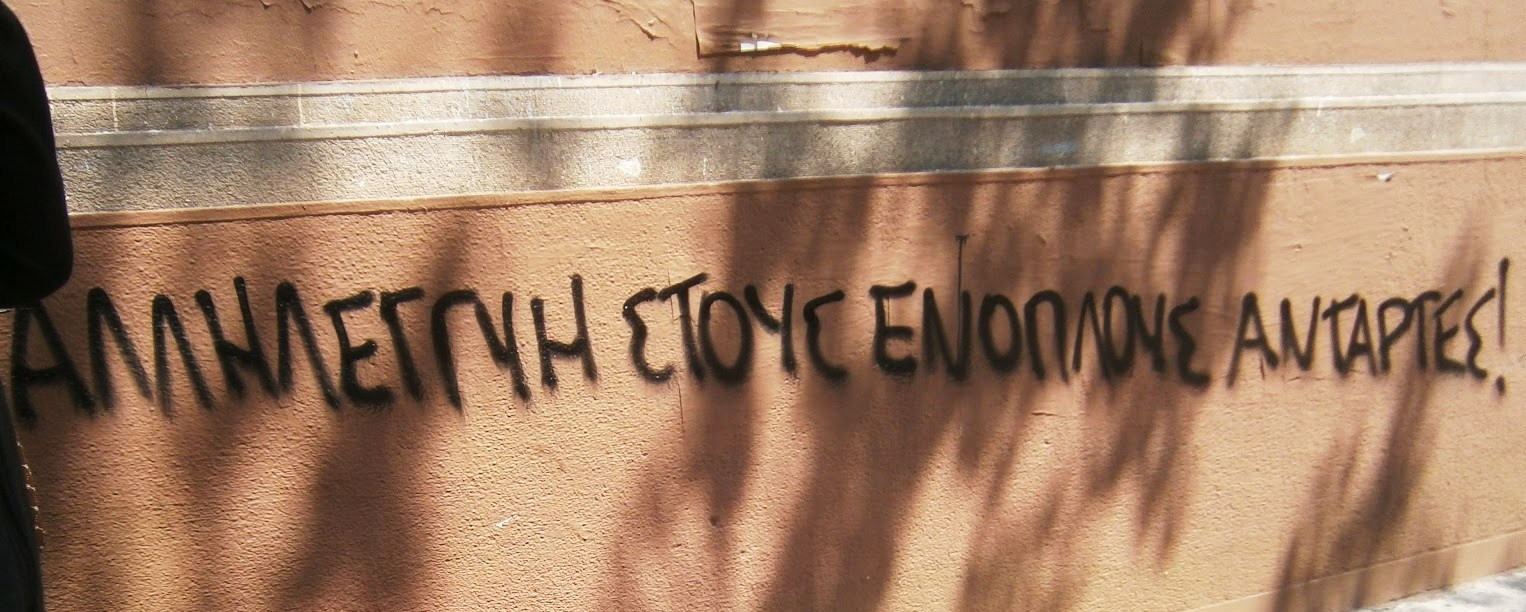

![Eurorepressione - Sulla conferenza a Den Haag sul tema "Anarchia" [corretto]](http://25.media.tumblr.com/tumblr_m0jvngOXtY1qa2163o1_1280.jpg)
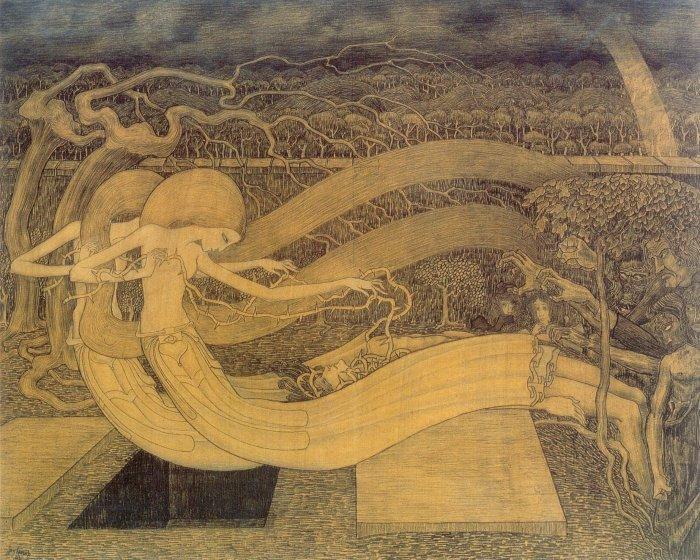
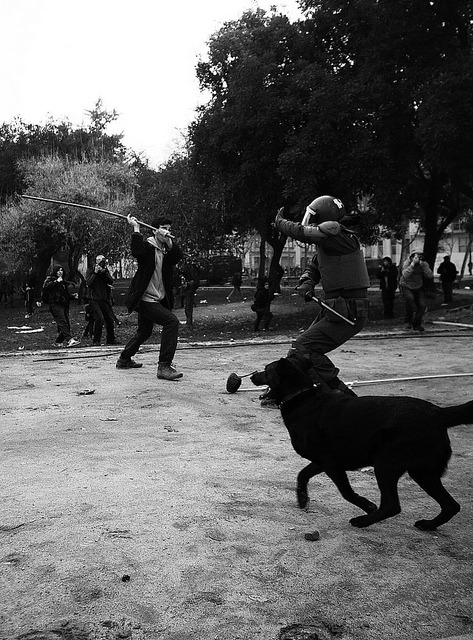
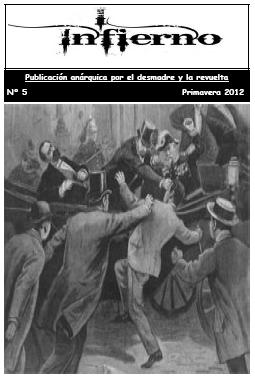
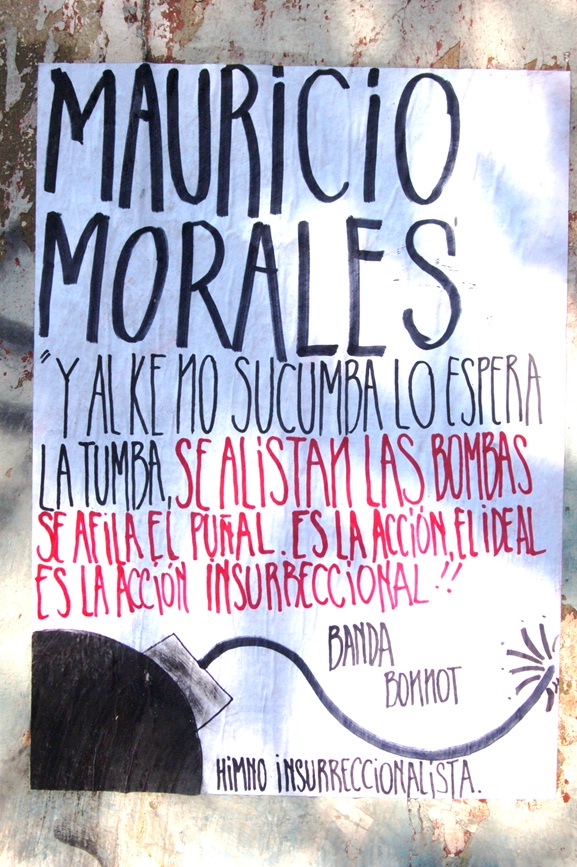
![A tres años de la Partida de Mauricio Morales: De la Memoria a la Calle [Stgo.]](http://metiendoruido.com/wp-content/uploads/2012/05/mmacividad.jpg)

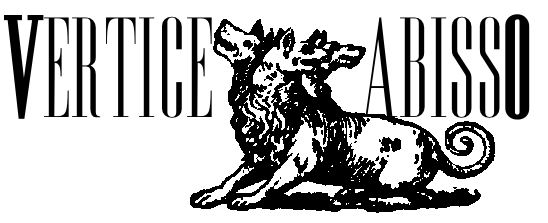



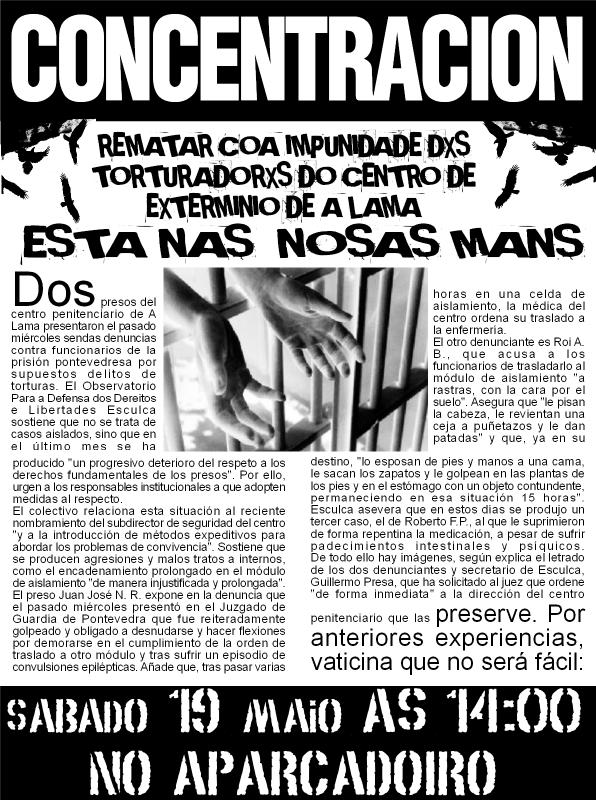

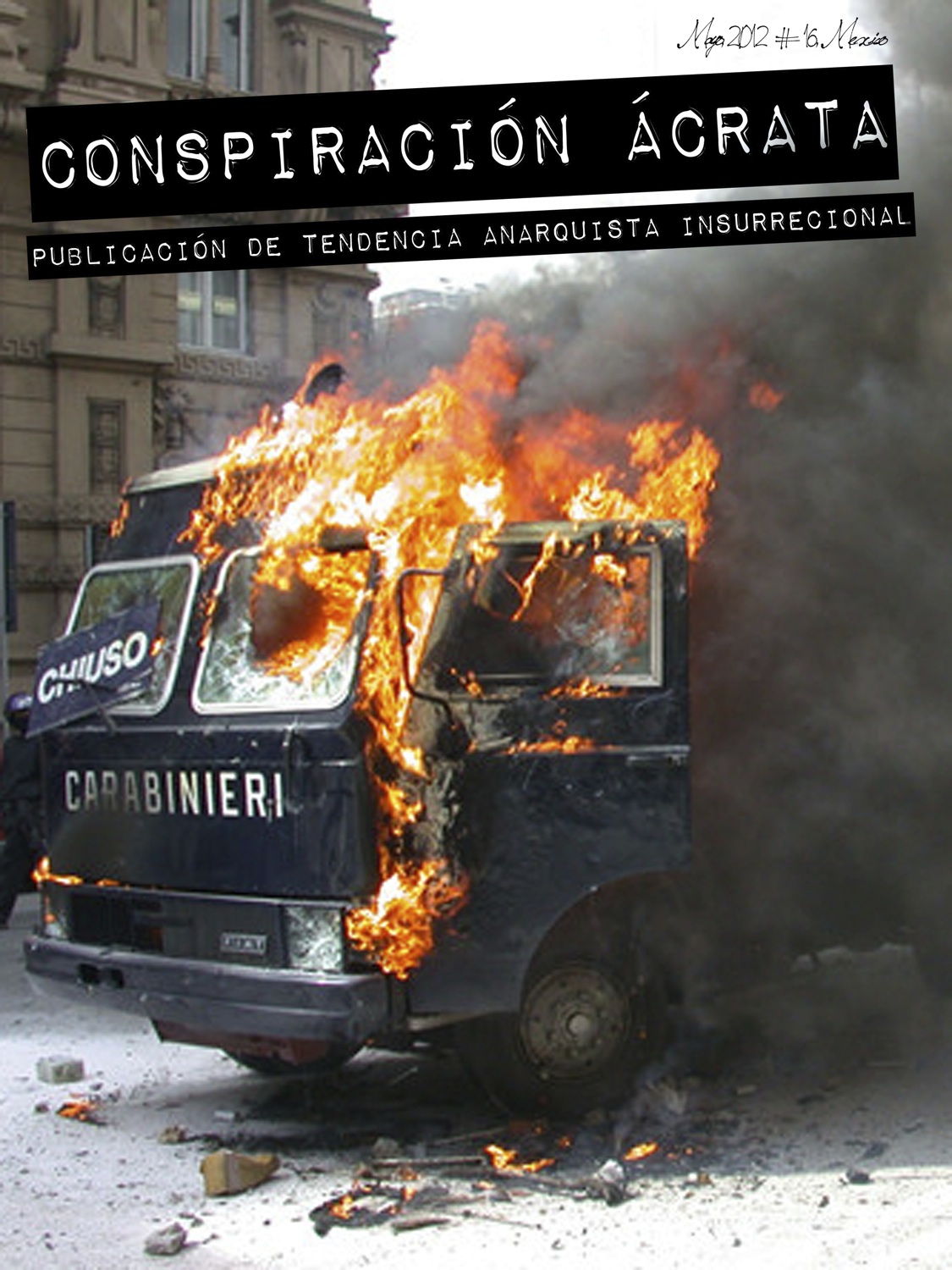

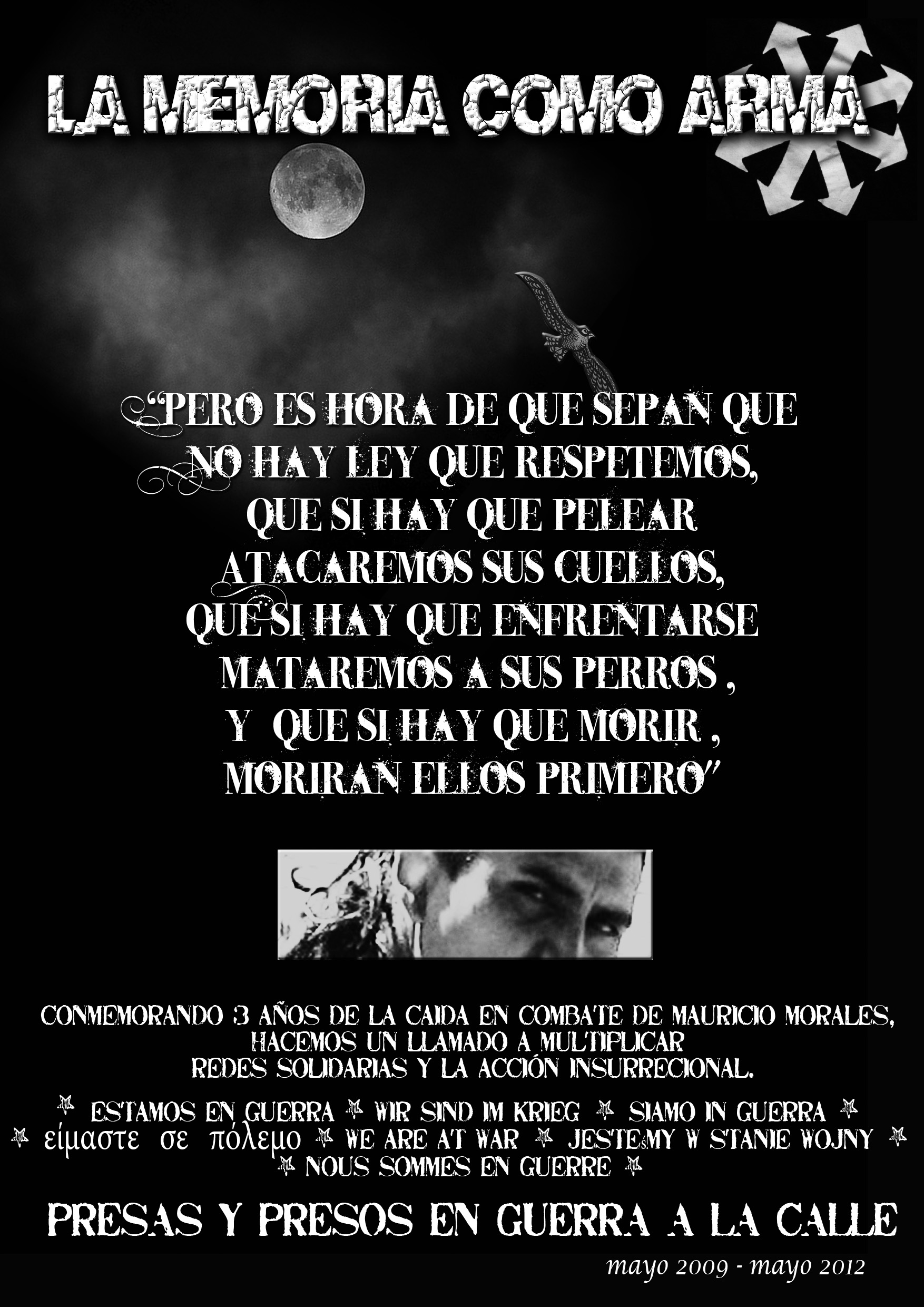
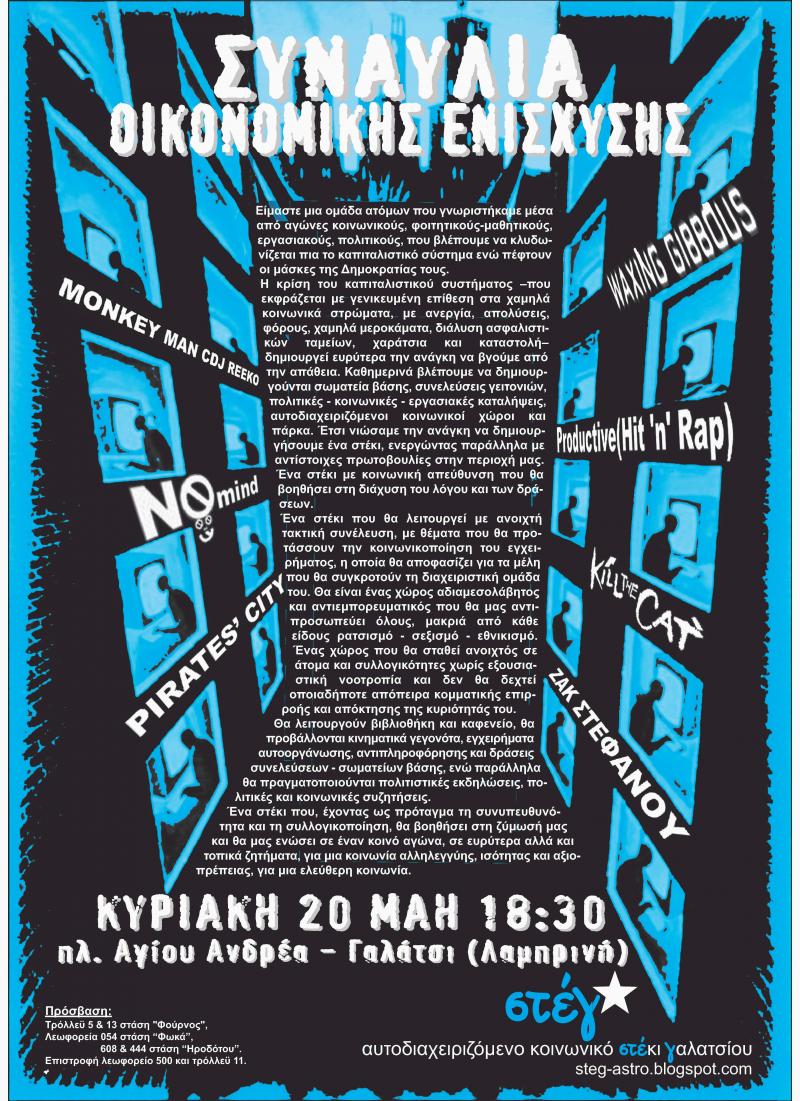








Nessun commento:
Posta un commento